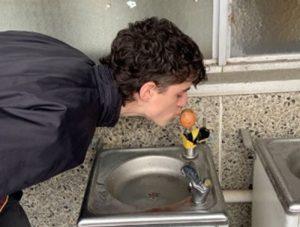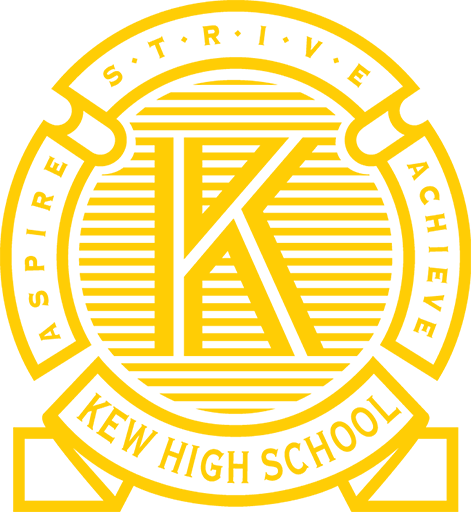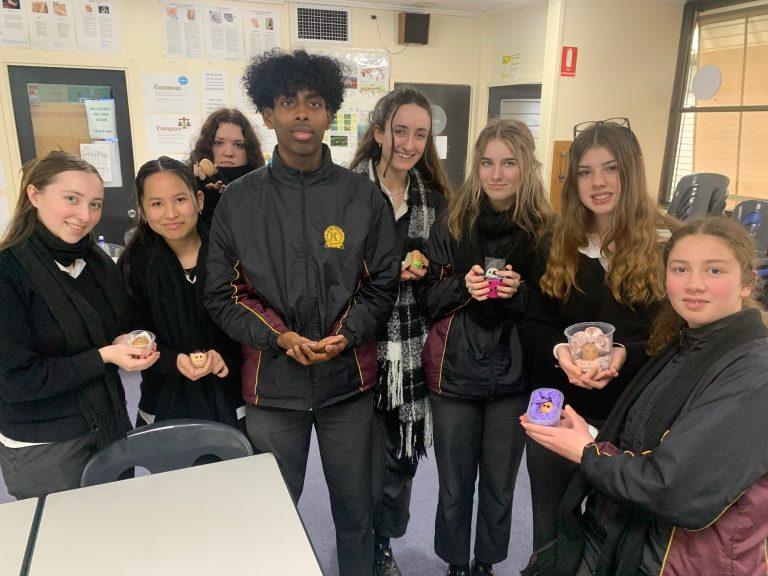
by Catherine Gayfer and Dan Norton
As part of their studies into prenatal and infant development, unit 2 HHD students had to complete two task:
- care for and protect an egg-baby for two weeks
- keep a journal, in which they reflected on the impact of teenage pregnancy on them and their family’s lives.
Some were lucky enough to be given a healthy egg baby to look after for 10 days, whilst other students were presented with newborns with a range of birth defects. Students used this task to learn about the challenges and rewards of parenting, as well as aspects of material diet and lifestyle which can affect the physical, emotional, social and intellectual stages of development of infants and children.
Kya Wiebenga was one of the more responsible and caring egg baby ‘parents’, completing her journal and taking her egg baby everywhere with her over the two week period. Kya snapped a range of pictures of her and her egg baby out and about; at home, work, classes, school excursions and other outings designed to stimulate the egg baby’s physical, intellectual, emotional and social development.
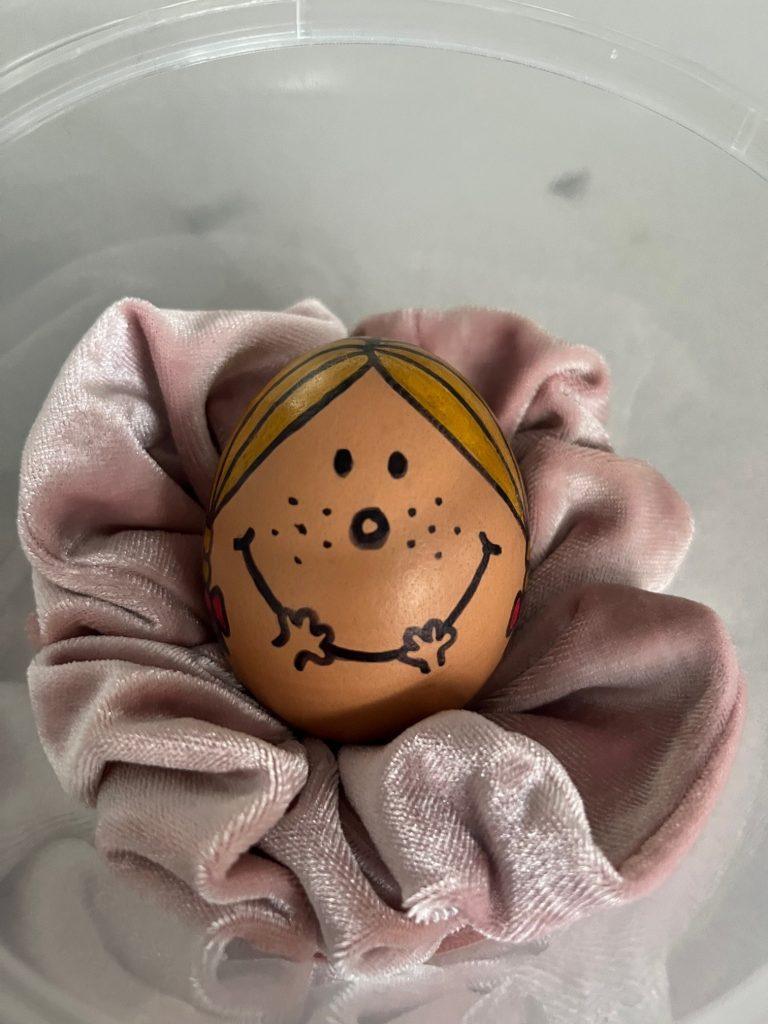
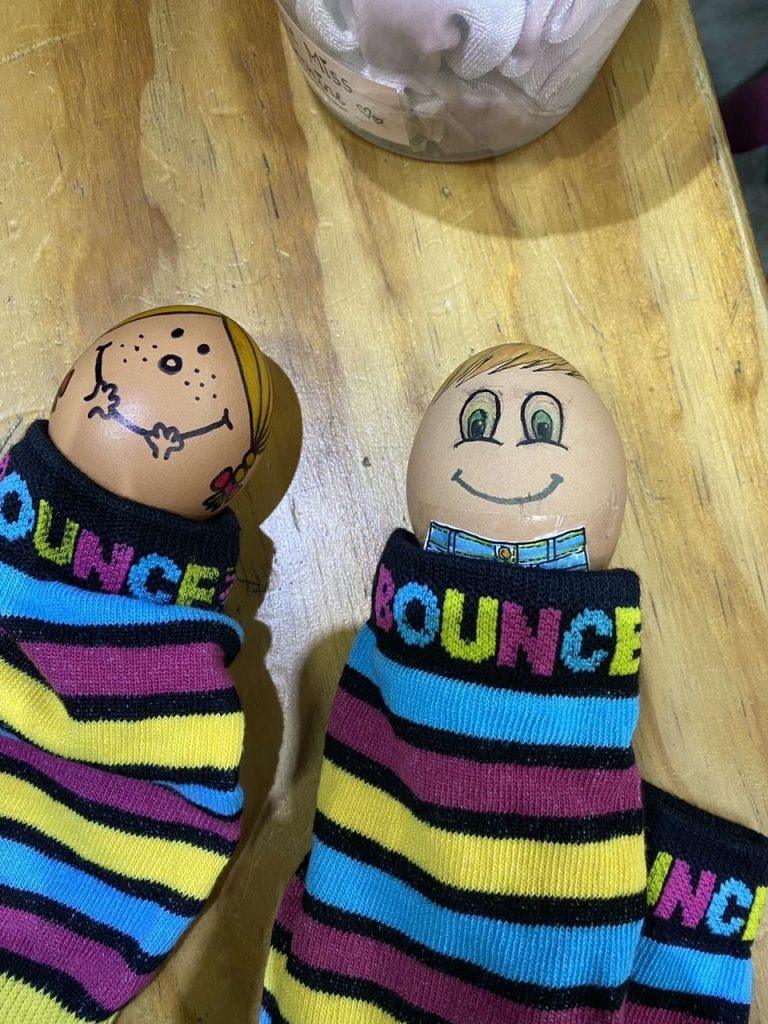
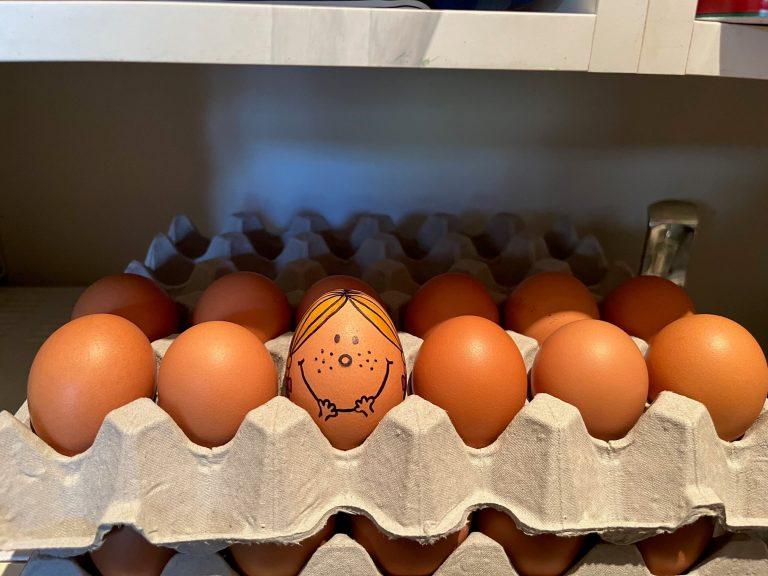
Here is what she had to say about the experience:
- If your parent(s) found out that you were pregnant, how would they react? What do you think they would think, do, or say? (Ask them!) They would be supportive of my choices; however maybe not the happiest, as they would think I am way too young for the responsibility of looking after a child.
- Now that you’re “egg-specting” a ‘baby’, what are you thinking/feeling about it? Are you excited, worried, etc? I am excited to be a mother and dress it up and take it everywhere!
- What have been the most challenging moments as an egg parent? Taking my egg baby everywhere, even to Bounce as it is fragile! Also other students can be cruel and heartless. Protecting the egg-baby was a full-time job! (many egg babies didn’t survive).
- How well did you protect your egg-baby over the last 14 days? I protected my baby amazingly over the last 14 days in a ‘basinet’ with scrunchies for protection and comfort, as well as always taking it with me or getting it ‘egg’ sat.
- How good of an egg-parent were you? I was a perfect egg parent because I had my child’s needs met. It was the best dressed and I did everything for it to keep it safe and happy.
- What have you learnt about being a parent? That you need to always be looking after your child and that it is very draining.
- What was the most rewarding aspect of this week with your egg baby? Taking it on outings and dressing up my baby was the most rewarding aspect of my time with the egg baby
- How do you feel about the egg-baby project now that it’s over? What was good/bad about it, and why? It was a good experience and I think I would be wonderful mother.
- What did you learn during the assignment? Was there anything that surprised you? That children are a lot of work.

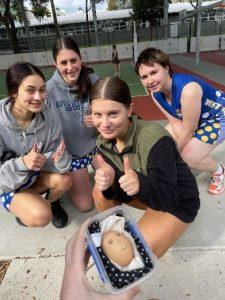

Some journal reflections have been included below:
Matty Hoy
Risk/protective factor: A protective factor means the child will grow in a network of supportive people who may help it. This would increase the baby’s ability to communicate and rely on others.
Gabi P
Risk factor: May get social anxiety from being round new people as she is still young, which could affect her emotional development.
Protective factor: She had the chance to make new friends and branch out her network of friends. This experience definitely helped her communicating with others and creating meaningful relationships.
I think this experience really helped her social development, as she got to spend time with another baby and learned to feel comfortable with other people when I am not there giving her that support.
Expected key development milestones achieved: The baby is beginning to be more independent from its family.
